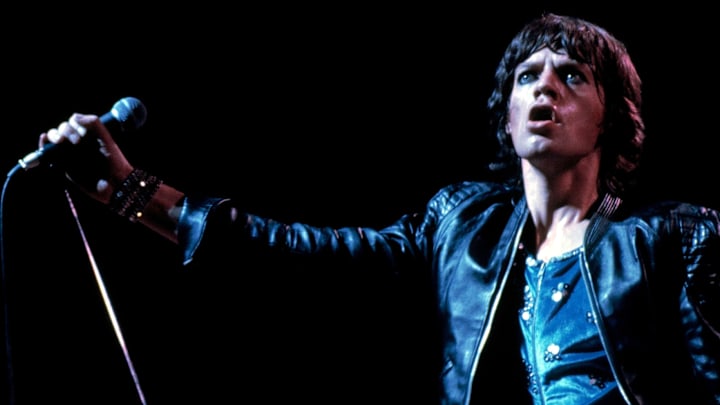No. 5 - The Stooges - Raw Power (1973)
Raw Power was produced by David Bowie at the height of Bowie's early 1970s power and the engineering of the record has all his paw marks all over it. But make no mistake that as great as Bowie was, this album belongs to Iggy Pop and his ability to snarl and taunt and beg and rage will carry you straight on through to the other side. Or, well...whatever you are hoping to search and then destroy.
The sound is thin and that is how it was meant. The word "raw" isn't just being used as the title of the record. That is the whole feel of the album. This is not for the young kids; instead, this is meant for the adults who have seen another day beat them down only to have Iggy raise them from near-death again. Eight songs do not seem like enough, but that is all you will get on this album and it is still more than worth a listen.
No. 4 - Marvin Gaye - What's Going On (1971)
While both are brilliant pieces of what humanity can do, you might not want to listen to Raw Power and What's Going On back to back because the answer to the latter might not come to you. This album made Gaye from an R&B master to one who had real questions about what was going on in the early 1970s in terms of social upheaval and how the government reacted to that.
But Gaye did not aimlessly go through the motions of his songs, he offered real solutions that might be too idealistic and he knew it. His tracks were about hope, not depression. The performer would never make another album quite like What's Going On - also notice there is no question mark in the title; Gaye is observing, not questioning - but then few artists would ever, either. In many ways, this album is simply the predecessor to Public Enemy's It Takes a Nation to Hold Us Back.
No. 3 - The Clash - London Calling (1979)
It is not a stretch to say that London Calling was fairly close in observation of cultural themes as What's Going On was. The Clash were simply speaking about what was going on in London in the 1970s with all it's forgetting about the poor and downtrodden. Musically, of course, there is a vast difference as the Clash wanted to explore a wide variety of influences. Much like the Rolling Stones did on Exile on Main Street, the Clash in 1979 perfected every genre they touched.
19 songs long and feeling like a thrill ride at an amusement park, the album will carry you through exhibits of punk, ska, pure rock, roots music, reggae, jazz, and soul. Different tracks have different influences and somehow they all fit wonderfully perfectly on the record. The Clash made double-and-triple albums after London Calling, but they could not replicate the exact formula for this masterpiece, few bands ever could.
